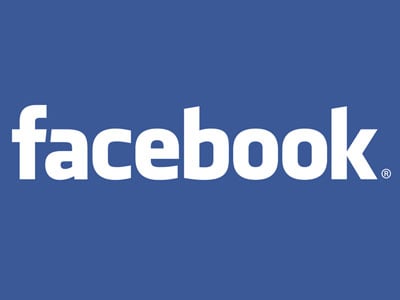“Earlier today, some users briefly experienced issues loading the site. The issues have since been resolved and everyone should now have access to Facebook,” company spokesman Michael Kirkland told Reuters. It is hard to imagine that Facebook’s luck could get much worse, but it did. Source: courtesy Facebook Inc.
Source: courtesy Facebook Inc.
On the back of a bungled IPO, a sharp drop in the firm’s share price, and legal suits and investigations of all kinds, Facebook (NASDAQ: FB) maintains its most tremendous strength. More than 900 million members can get onto the site at one time or another to “talk” with their friends and family, and anyone else who will listen. The site is available 24 hours a day, which is how much time some people spend on it. Facebook is worth $75 billion now, based on its sales, still a tremendous amount, because of the promise those people hold for advertisers and e-commerce companies.
It is not unusual for large sites to go down. The problem plagued Twitter two years ago. Twitter fixed that problem before it alienated a lot of users. But its shows that huge online businesses are not immune from outage problems.
Facebook faces at least two challenges in keeping its site up all of the time. There is only a remote chance either would happen. Facebook’s track record for being permanently on is extraordinary, given the load of users it handles. But among the risk factors in its document in SEC filings for its IPO is this:
Computer malware, viruses, and computer hacking and phishing attacks have become more prevalent in our industry, have occurred on our systems in the past, and may occur on our systems in the future. Because of our prominence, we believe that we are a particularly attractive target for such attacks.
One, less sinister challenge is that Facebook’s own internal systems could falter because of software or server problems. Like Google (NASDAQ: GOOG) and other sites that serve hundreds of millions of people, Facebook has a bullet-proof IT structure, unless some small problem in its systems causes a breakdown.
The greater risk to Facebook are the sophisticated hackers that have popped up around the world. Members of these groups sometimes act in concert. They become more adroit at their work each day. Chinese servers can attack sites in the United States, some of them run by the government and big businesses. Iran’s Internet infrastructure has been hit by two big viruses. One, called Stuxnet, did its damage two years ago. A new one, called Flame, has struck more recently. Flame has 650,000 lines of code, according to security experts. It can cut network traffic and co-opt passwords.
Facebook’s greatest strength, which is its ability to serve all of its customers all of the time, could be undermined in a minute.
Douglas A. McIntyre
Sponsored: Want to Retire Early? Start Here
Want retirement to come a few years earlier than you’d planned? Orare you ready to retire now, but want an extra set of eyes on your finances?
Now you can speak with up to 3 financial experts in your area for FREE. By simply clicking here you can begin to match with financial professionals who can help you build your plan to retire early. And the best part? The first conversation with them is free.
Click here to match with up to 3 financial pros who would be excited to help you make financial decisions.
Thank you for reading! Have some feedback for us?
Contact the 24/7 Wall St. editorial team.



